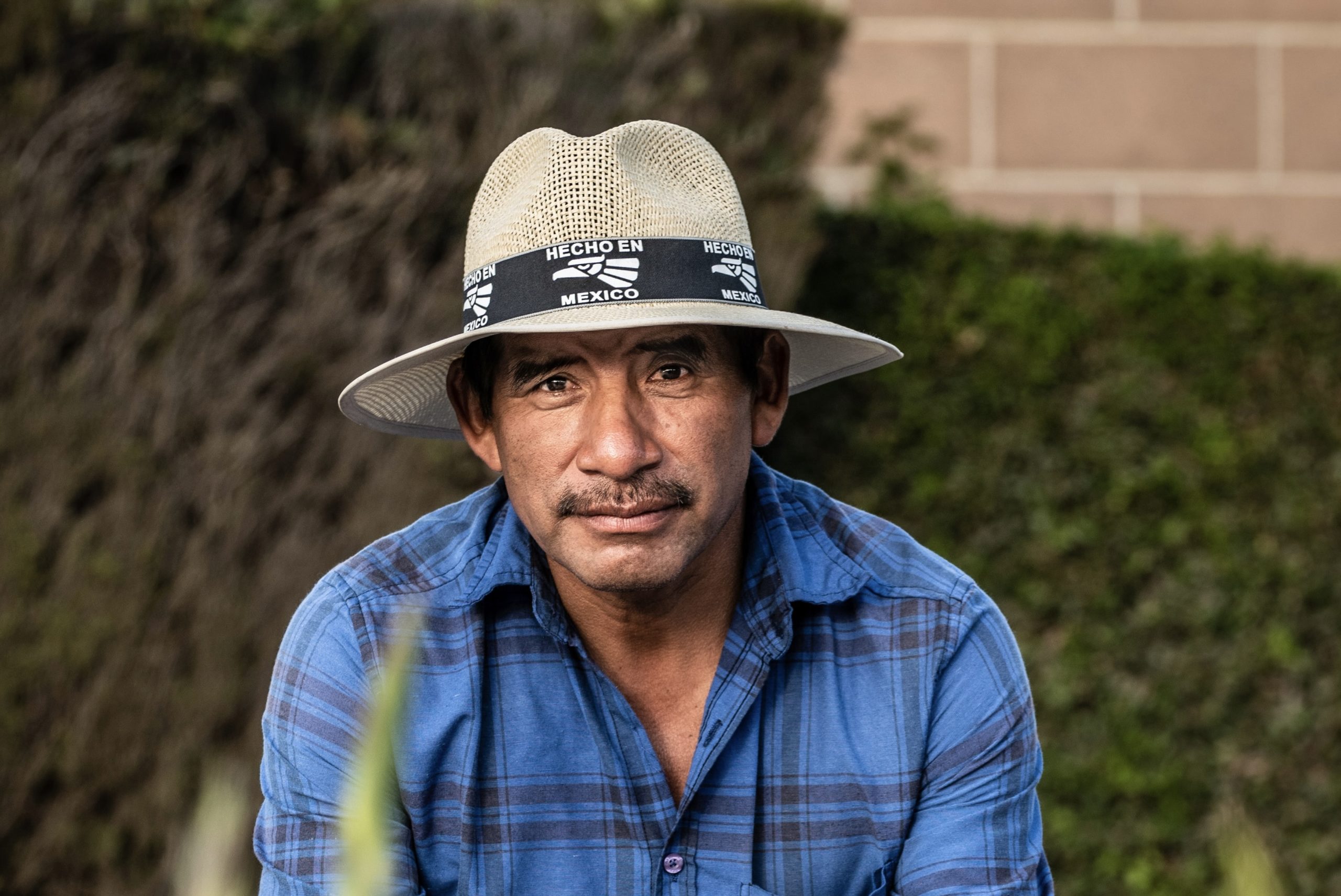Over the last decade, the modern foreign aid movement has grown with incredible momentum. In the name of global charity, various fads have been started, offshoot products have been launched, and taxpayer dollars have been transferred.
But with the rising prominence of foreign aid has come a new group of critics, many of which have serious questions about its success. Thanks to bright young thinkers like Dambisa Moyo and June Arunga, among others, the foreign aid movement’s momentum seems to be slowing.
Leading these critics is William Easterly, professor of economics at New York University and author of The White Man’s Burden: Why the West’s Efforts to Aid the Rest Have Done So Much Ill and So Little Good.
Easterly is a prolific writer on matters of economic development, blogging regularly at Aid Watchand writing various articles across the Web (not to mention his books). But throughout his work is a reoccurring theme that has been very helpful for me when thinking about economic policy solutions.
Easterly’s basic view is this: In order to bring societies out of economic poverty, one must first understand the differences between “planners” and “searchers.”
The planners are the high-level organizers, sitting comfortably in their air-conditioned offices as they crunch numbers and try to plan their way to global prosperity. The searchers, on the other hand, are the folks on the ground, working effortlessly to locate direct needs, collaborate with on-the-ground resources, and create value.
Here are just a few of Easterly’s observations about the differences between the two (quoted from TWMB):
Planners announce good intentions but don’t motivate anyone to carry them out; Searchers find things that work and get some reward.
- Planners raise expectations but take no responsibility for meeting them; Searchers find out what is in demand.
- Planners apply global blueprints; Searchers adapt to local conditions.
- Planners at the top lack knowledge of the bottom; Searchers find out what the reality is at the bottom.
- Planners never hear whether the planned got what it needed; Searchers find out if the customer is satisfied.
It is not an entirely unique dichotomy (except, perhaps, in actual taxonomy). Nevertheless, I think Easterly’s positioning is helpful for crystallizing how we view different policy targets, as well as the failures and successes that follow.
In foreign aid, we see the follies of planners manifest in numerous ways. Mosquito nets, medicine, and food are often traded away to support non-necessities or vices. On-the-ground habits, lifestyles, and environmental conditions often spread diseases faster than medicine or recommended methods can contain them. Even when real, entrepreneurial spirit is successfully channeled, there is often no infrastructure to competitively bring certain products to market.
At the end of the day, the clearest and most simple demonstration of the failure of planners is that after billions of dollars in aid and systematic tweaking, there appears to be no real or lasting change in the developing countries in question (at least, not attributable to aid). In fact, many countries appear to be getting worse.
It seems reasonable, then, that the answers for developing countries can be found by tapping the searchers therein — the entrepreneurs, the missionaries, the workers, the teachers, and the students. Instead of seeing the people in these countries as victims, our policies need to focus on empowering them as individuals. We need to focus on their potential, not their limitations.
To look at Asia as an example, South Korea and Hong Kong did not rise to prominence by discovering new natural resources or selling Fair Trade coffee to Western do-gooders. They rose above their circumstances by enabling and empowering the searchers on the ground, the people who locate demand and find both the capabilities within themselves and the freedom within their societies to meet the needs therein.
But while the planners/searchers dichotomy is indeed helpful for thinking about economic policy, it is also helpful for thinking about our individual roles in helping the needy.
Whether we are looking to help people across the world or next store, we cannot make a lasting difference by lumping them into a demographic category and shifting them around on a chalk board until we find a situation that makes us smile.
We as individuals, moral agents, and Christians, must become the searchers ourselves. Like an entrepreneur launching a new business opportunity, we need to get as close to the demand as possible. We cannot rely on a “fail-proof” plan for eliminating poverty. We cannot cower to a policy that promises to make the proper transfers on our behalf. Instead, we must expose ourselves to the searching process.
Success won’t come from launching a mechanistic, automated scheme from the pulpit or the politician. It won’t come from buying a t-shirt or a coffee tumbler or a cool indie compilation album. It will only come from pursuing the Lost, and doing so as directly and intentionally as possible.
Let’s get searching.



